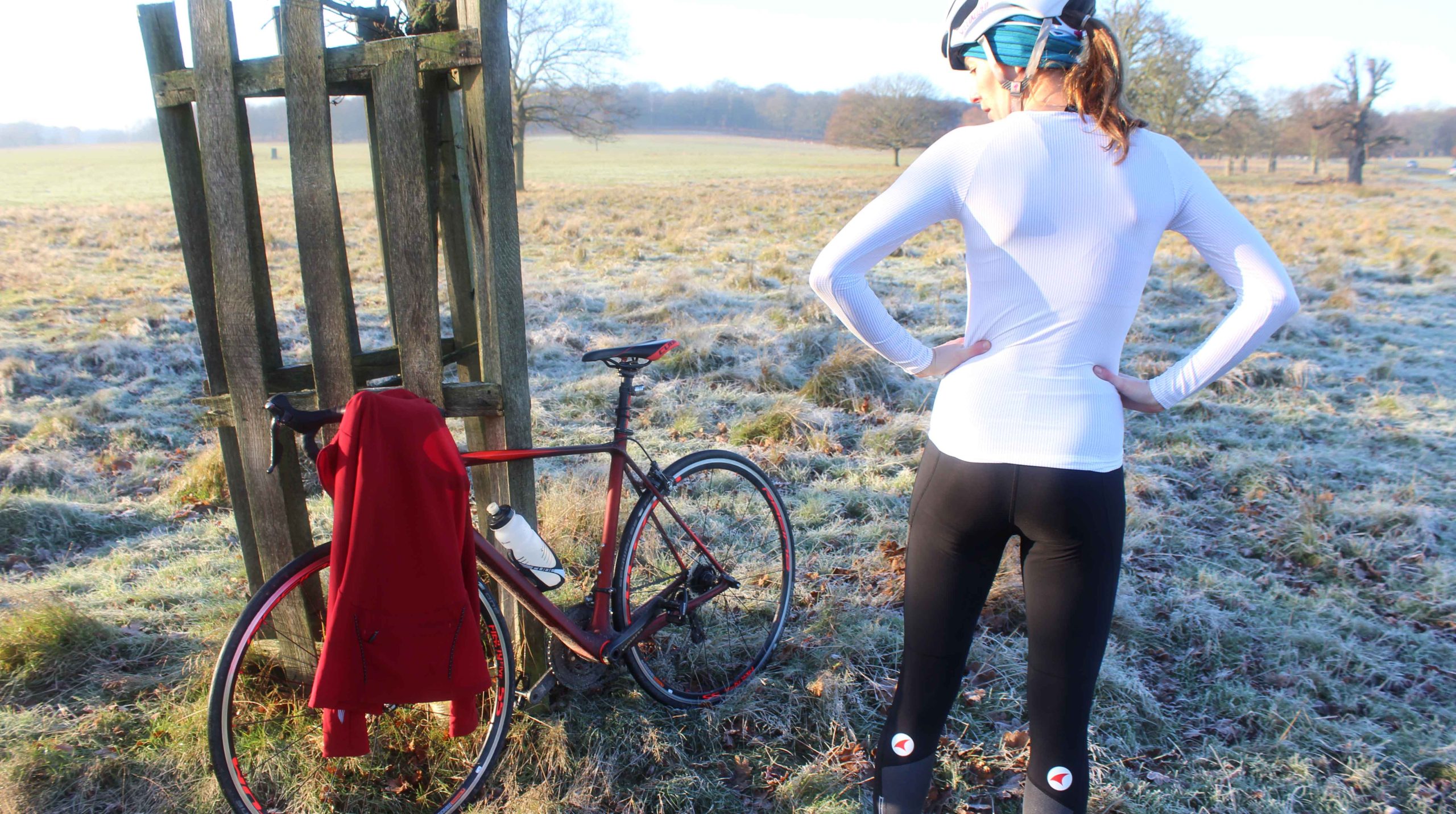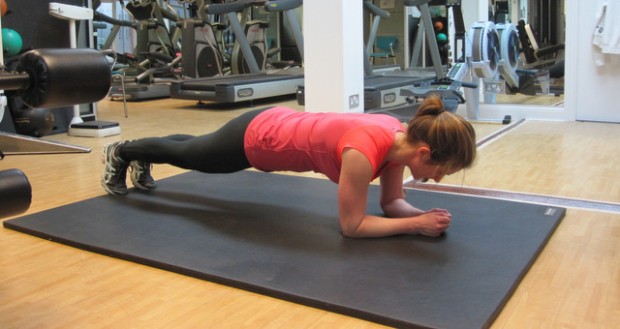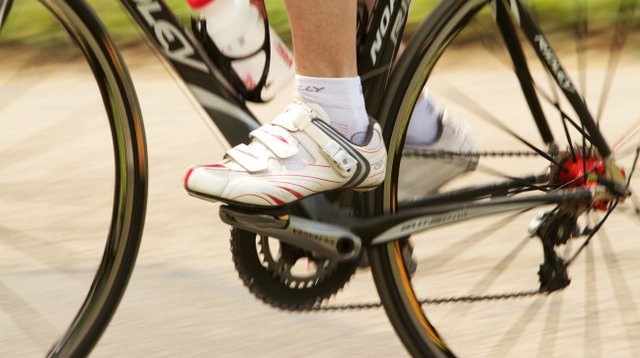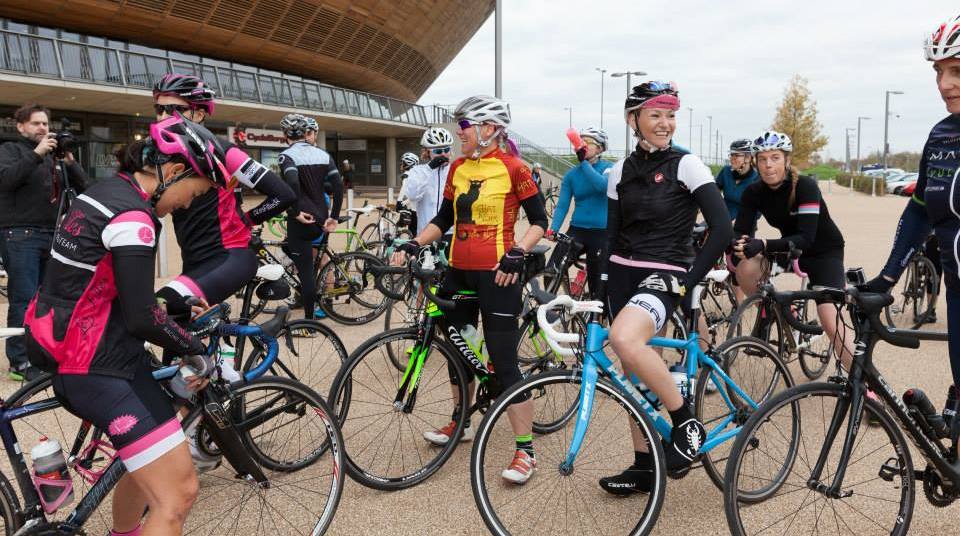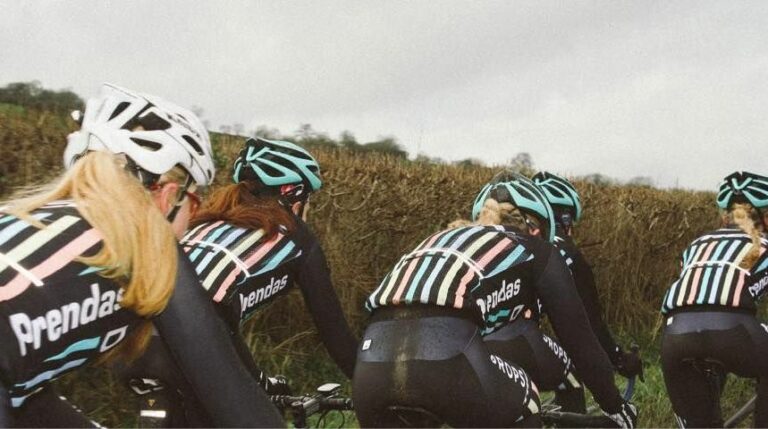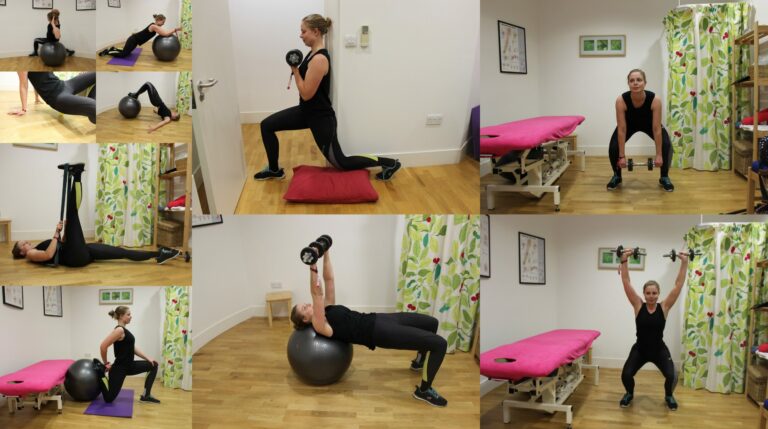It feels like only weeks ago we were riding in shorts and sunglasses, setting PBs and doing our best to beat the competition. Now suddenly there’s frost on car windscreens and we’re commenting ‘well, at least the grass is getting watered’ way too often.
Typically, most road cyclists cut down on hard, intense rides over the winter, taking part in fewer events such as sportives, challenge rides, road races or time trials.
Doing so gives you a chance to focus on any weaknesses that are holding you back, and gives your body a rest from the hard efforts of summer riding. That doesn’t mean it’s time to switch off completely, though. Once you’ve taken a little time off – here are five areas that you can focus on over the next few months to set you in good stead for next summer:
1) Endurance (IF you’re riding long distance events)
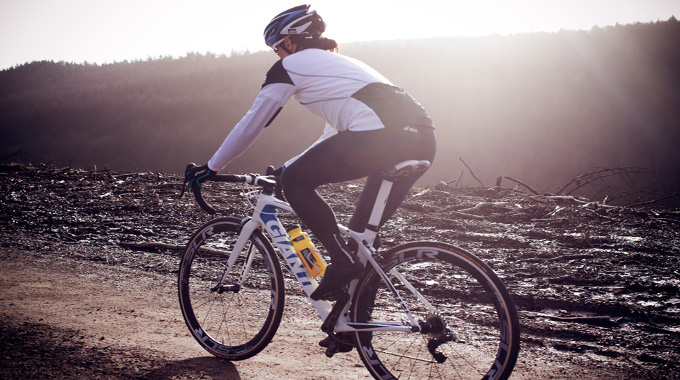
The most popular approach to training for cyclists is to build on endurance over winter, gradually increasing mileage, before working on speed as spring starts to show signs of springing.
Winter base miles are long rides completed at a low to medium intensity. They will improve your endurance, perfect if you plan to tackle longer events come summer.
Low to medium intensity activity – riding at sixty to seventy per cent of your maximum heart rate, or at a pace where you can still talk in sentences – is called aerobic exercise. In the aerobic zone, your body uses oxygen and burns through fat reserves.
At high intensity – anaerobic exercise – your body needs to burn fuel without oxygen, and as a result it finds energy from stored sugar, for example the carbohydrates you eat before or during training.
It’s important to do both types of exercise if you want to get faster – anaerobic training will increase your muscle strength and ability to go fast. However, you get plenty of this in summer, so it makes sense to work on your aerobic base over winter, gradually getting your body more used to burning fat for fuel.
Base miles are most necessary for riders who intend to attack longer events come summer – such as sportives, audaxes, or multi-day challenges. If you plan short crit races or time trials, and or you’re short on time, then completing shorter rides at a high intensity may be more time efficient for you – this video from the wizards at GCN explores the debate very well.

